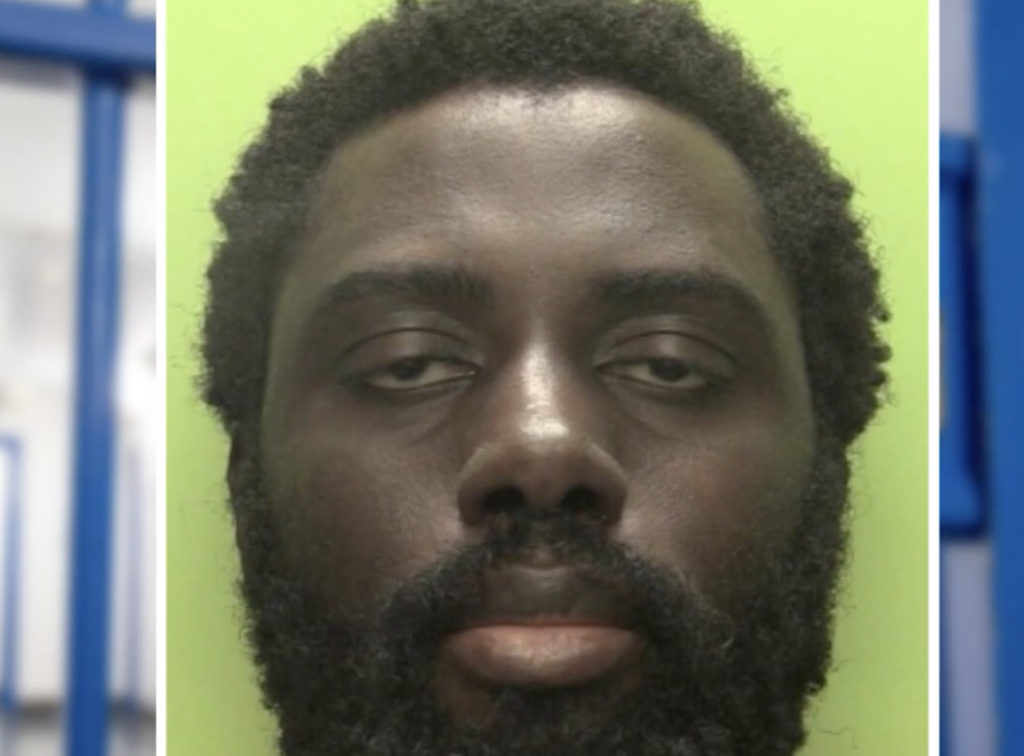JUDGES in the Court of Appeal have refused to change the sentence given to a man who stabbed three people to death in Nottingham last year.
Valdo Calocane killed students Barnaby Webber and Grace O'Malley-Kumar, who were both 19, and 65-year-old Ian Coates on June 13, 2023.
Last year the 32-year-old, of no fixed abode, pleaded guilty to the manslaughter of all three of his victims on the basis of diminished responsibility.
 Calcoane's victims Ian Coates, Barnaby Webber and Grace O'Malley-Kumar
Calcoane's victims Ian Coates, Barnaby Webber and Grace O'Malley-KumarFollowing a sentencing hearing at Nottingham Crown Court in January it was ruled that he would be detained indefinitely in a high security hospital.
Speaking at the time, Judge Mr Justice Turner told him it is likely he will never be released, so that he can receive treatment for paranoid schizophrenia – a mental illness that can be “mitigated” with treatment but not cured.
 Valdo Calocane was detained indefinitely at a high security hospital for killing three people in Nottingham last year
Valdo Calocane was detained indefinitely at a high security hospital for killing three people in Nottingham last yearHe added he was satisfied Calocane would not have committed his “appalling” crimes had he not been suffering from the illness.
The families of his victims were quick to criticise his sentence, with Dr Sanjoy Kumar, the father of Grace O’Malley-Kumar, stating, on behalf of himself and his Dublin-born wife, Sinead O’Malley, that they would "never come to terms with the loss of our beloved daughter Grace, and how she lost her life".
In February, Britain's Attorney General referred Calocane's sentence to the Court of Appeal, arguing that he should have received a "hybrid" life sentence, where he would be treated for his paranoid schizophrenia first and then serving the remainder of his jail term in prison.
Today three senior judges dismissed that appeal, claiming his sentence was not unduly lenient as his mental health condition was the sole cause of the crimes he committed.
Giving their judgment, Lady Chief Justice Sue Carr said there was "no error" in the approach adopted by the judge in the case, adding that the sentences imposed "were not arguably unduly lenient".

